July is Lakes Appreciation Month! Polk County, our 17 Municipalities, along with the Lakes Education Action Drive Board of Directors would like to encourage our residents and visitors to get involved and appreciate our beautiful lakes. LEAD is taking the lead (pun intended) here in Polk County to host a Lakes Appreciation Challenge. We want to invite you to participate in the “Show Your Lakes Appreciation Challenge”, social media lake selfie photo contest.
Between now and July 31st take a selfie while cleaning on one of Polk County’s lakes, tag the Lakes Education Action Drive on Instagram and use the hashtag #PolkLakeSelfie. One lucky winner will receive a $100 Gift Card from the Andy Thornal Company provided by Watson Clinic. Other entries may receive a gift card from Fred’s Market Restaurant and additional outdoor gift cards from Andy Thornal Company. For more information Follow Us on Instagram.
And, for more information on the origin of Lakes Appreciation Month, listen to our latest podcast on Podbean. On this podcast, we speak with Steve Lundt, the Senior Water Quality Scientist for Metro Water Recovery. Formed in 1961, Metro Water Recovery is the largest wastewater treatment provider in the Rocky Mountain West.
Steve has worked on lakes and reservoirs for the past 25 years as a Certified Lakes Manager. He has been on the boar d of the North American Lakes Management Society (NALMS), CLRMA, Barr/Milton Watershed Association, and other lake related organizations. Besides a background in lake monitoring, Steve has a long background in watershed management, public education, and outreach about water quality topics.
d of the North American Lakes Management Society (NALMS), CLRMA, Barr/Milton Watershed Association, and other lake related organizations. Besides a background in lake monitoring, Steve has a long background in watershed management, public education, and outreach about water quality topics.
NALMS mission is simple, but a powerful one: to forge partnerships among citizens, scientists, and professionals to foster the management and protection of lakes and reservoirs, for today and tomorrow. NALMS does not focus on professionals, academic researchers, or any small interest group alone; rather, NALMS is a melting pot, welcoming anyone interested in lakes.
Danny Kushmer, Executive Director
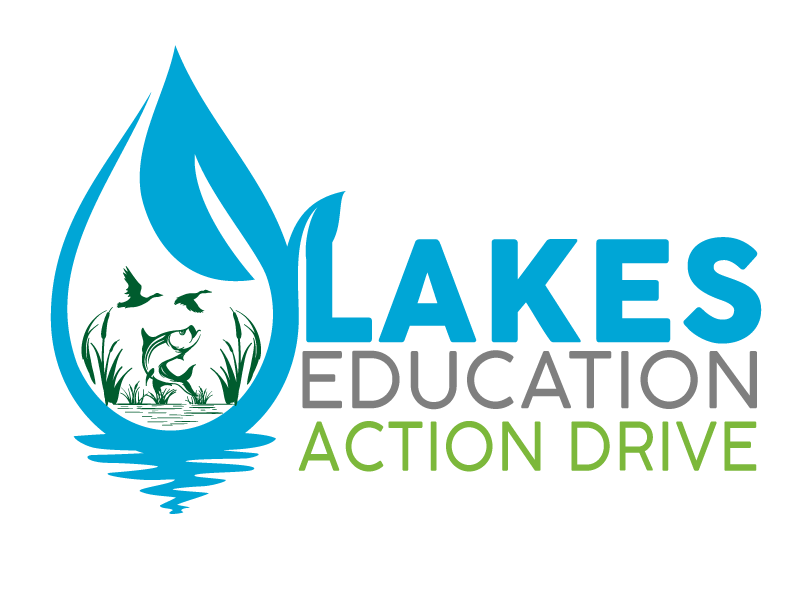
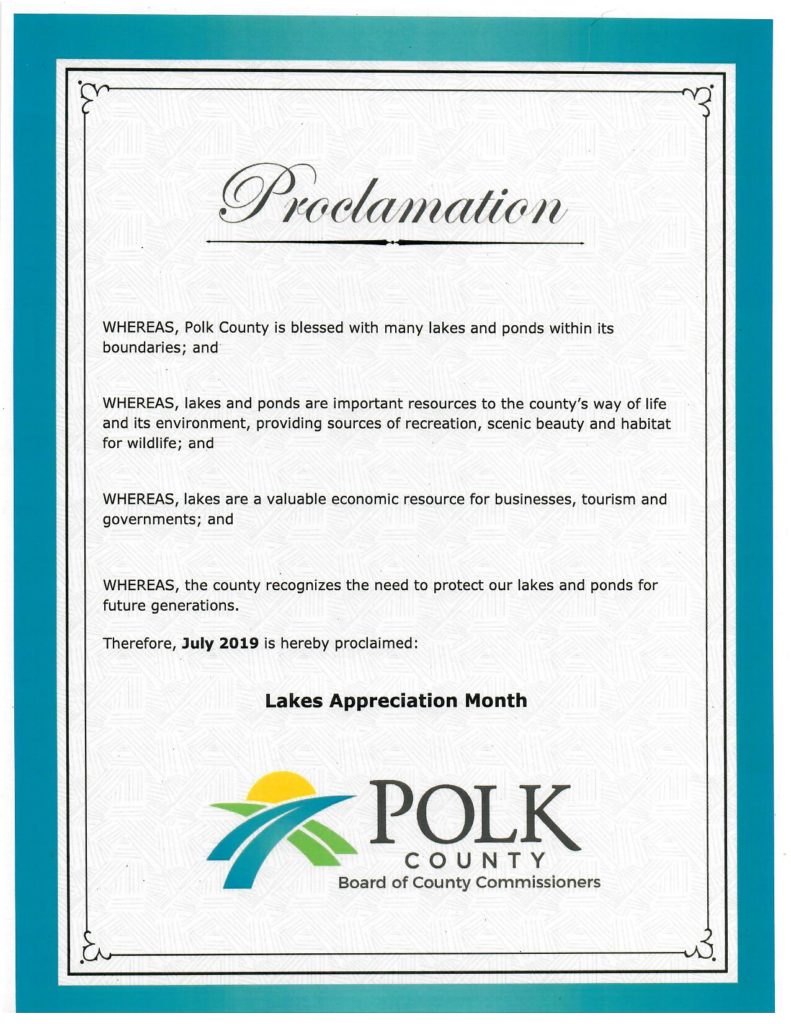
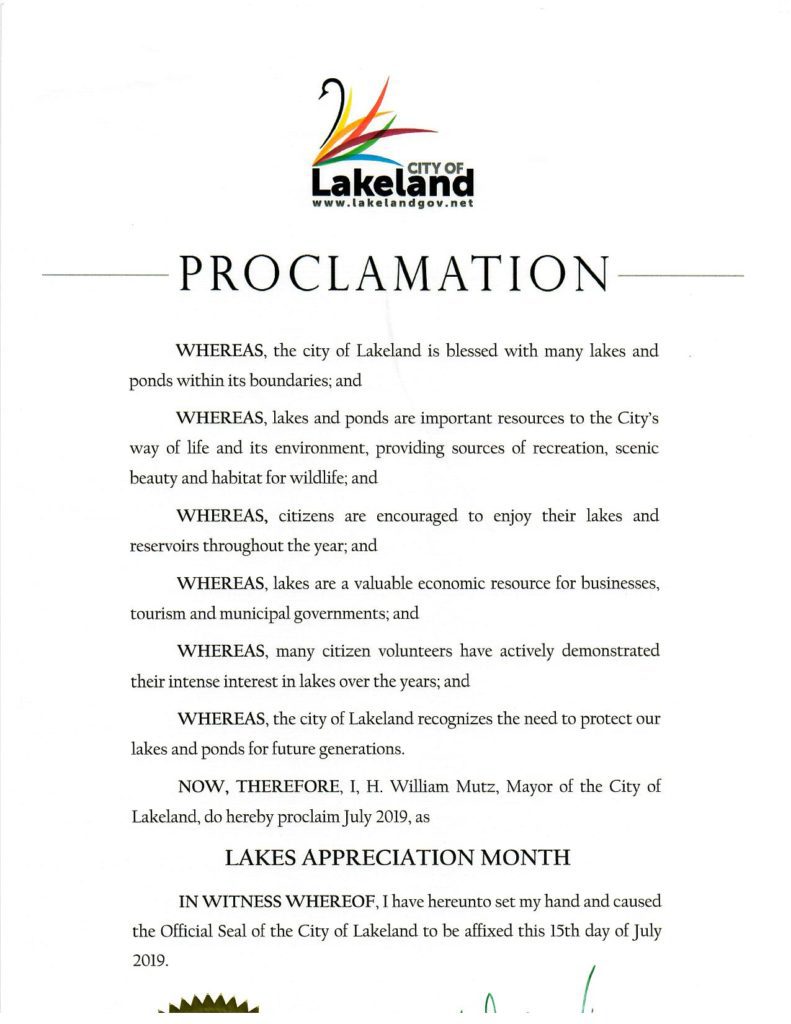
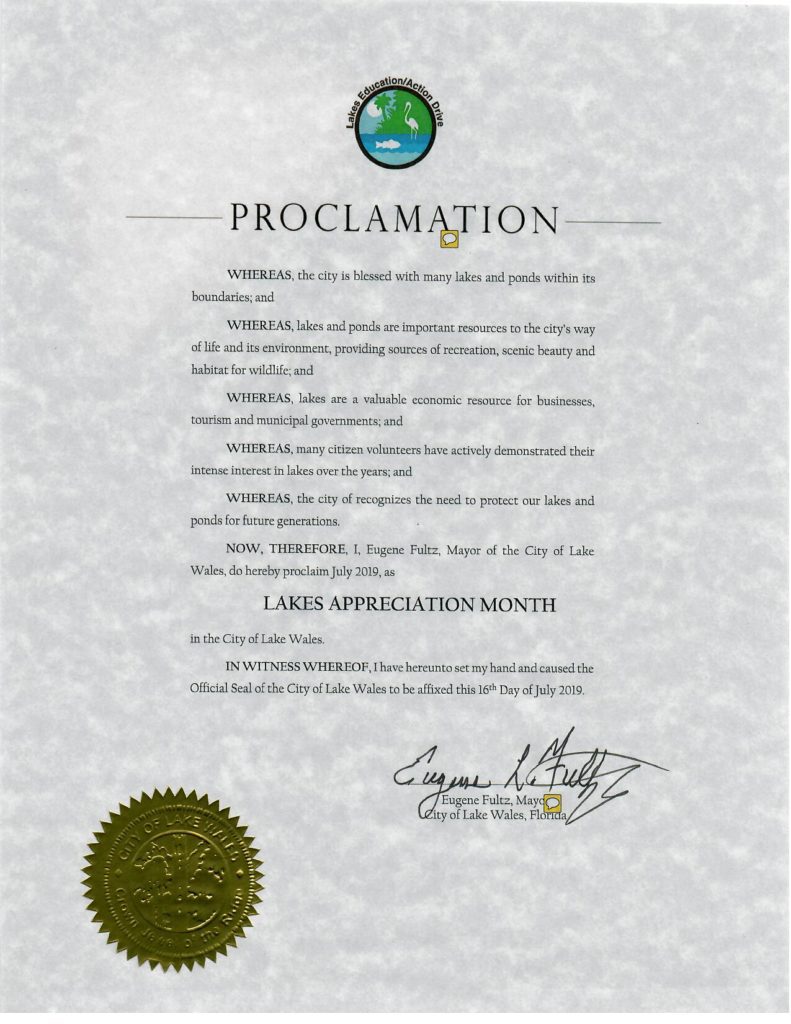

 The Secchi Dip-In was founded in 1994 by Dr. Robert Carlson and demonstrates the potential of citizen scientists working together to gather important information on our lakes and reservoirs. Individuals in volunteer monitoring programs across North America take a transparency measurement of their lake or reservoir in July to produce a continent-wide snapshot of water clarity. To date, over 50,000 Secchi readings have been collected as a part of the program, engaging hundreds of citizen scientists. The Dip-In is a leader in connecting lake lovers to water quality monitoring data.
The Secchi Dip-In was founded in 1994 by Dr. Robert Carlson and demonstrates the potential of citizen scientists working together to gather important information on our lakes and reservoirs. Individuals in volunteer monitoring programs across North America take a transparency measurement of their lake or reservoir in July to produce a continent-wide snapshot of water clarity. To date, over 50,000 Secchi readings have been collected as a part of the program, engaging hundreds of citizen scientists. The Dip-In is a leader in connecting lake lovers to water quality monitoring data.

